[Americana] Whitney, Eli Autograph Letter, signed N(ew) Haven, 12th, 1816. One sheet, 9 3/4 x 8 in. (248 x 203 mm). Autograph letter, signed by Eli Whitney (''E. Whitney'') to his nephew Elihu Blake Jr. (1793-1875): "Dear Elihu,/I have recd yours of the 6th/instant--I have but one moment/to write--Capt Whitney is anxious/to know whether you would accept the/appointment in case you should be/promoted in the Company which/he has lately commanded--/The Compy is to be led to a/choice on Friday next./I think on the whole you/may as well inform Capt. that if/the Company should think proper to/honor you with a farther promotion/you will endeavour to Discharge the/Duties of the office according to the best/of your abilities--I have no time to/write further now but will/write to you again in a few days/In mean time/I remain yr friend/E. Whitney/Mr. Elihu Blake.'' Creasing from folds; some spotting and ink smears. A scarce letter fully in the hand of American inventor Eli Whitney from his home in New Haven, Connecticut. In this later period of his life, Whitney hastily writes to his nephew Elihu Blake, son of his brother-in-law of the same name, asking whether he would accept an appointment to serve under a ''Capt. Whitney'', likely distant cousin Parkhurst Whitney (1784-1862), a captain of the New York State Militia during the War of 1812. Despite achieving worldwide renown as the inventor of the cotton gin, an instrument which revolutionized the American agricultural economy, Whitney spent the last two decades of his life in constant legal battles over patent infringements. The litigation depleted most of the profits from his invention, and in the late 1790s he was forced to turn his attention to securing government contracts for the manufacture of arms. His innovative mind was not dulled however, as he became an early advocate of the concept of interchangeability, or constructing armaments in an identical, standardized manner to ease their assembly and repair. Whitney continued his venture of manufacturing arms until his death in 1825.
[Americana] Whitney, Eli Autograph Letter, signed N(ew) Haven, 12th, 1816. One sheet, 9 3/4 x 8 in. (248 x 203 mm). Autograph letter, signed by Eli Whitney (''E. Whitney'') to his nephew Elihu Blake Jr. (1793-1875): "Dear Elihu,/I have recd yours of the 6th/instant--I have but one moment/to write--Capt Whitney is anxious/to know whether you would accept the/appointment in case you should be/promoted in the Company which/he has lately commanded--/The Compy is to be led to a/choice on Friday next./I think on the whole you/may as well inform Capt. that if/the Company should think proper to/honor you with a farther promotion/you will endeavour to Discharge the/Duties of the office according to the best/of your abilities--I have no time to/write further now but will/write to you again in a few days/In mean time/I remain yr friend/E. Whitney/Mr. Elihu Blake.'' Creasing from folds; some spotting and ink smears. A scarce letter fully in the hand of American inventor Eli Whitney from his home in New Haven, Connecticut. In this later period of his life, Whitney hastily writes to his nephew Elihu Blake, son of his brother-in-law of the same name, asking whether he would accept an appointment to serve under a ''Capt. Whitney'', likely distant cousin Parkhurst Whitney (1784-1862), a captain of the New York State Militia during the War of 1812. Despite achieving worldwide renown as the inventor of the cotton gin, an instrument which revolutionized the American agricultural economy, Whitney spent the last two decades of his life in constant legal battles over patent infringements. The litigation depleted most of the profits from his invention, and in the late 1790s he was forced to turn his attention to securing government contracts for the manufacture of arms. His innovative mind was not dulled however, as he became an early advocate of the concept of interchangeability, or constructing armaments in an identical, standardized manner to ease their assembly and repair. Whitney continued his venture of manufacturing arms until his death in 1825.
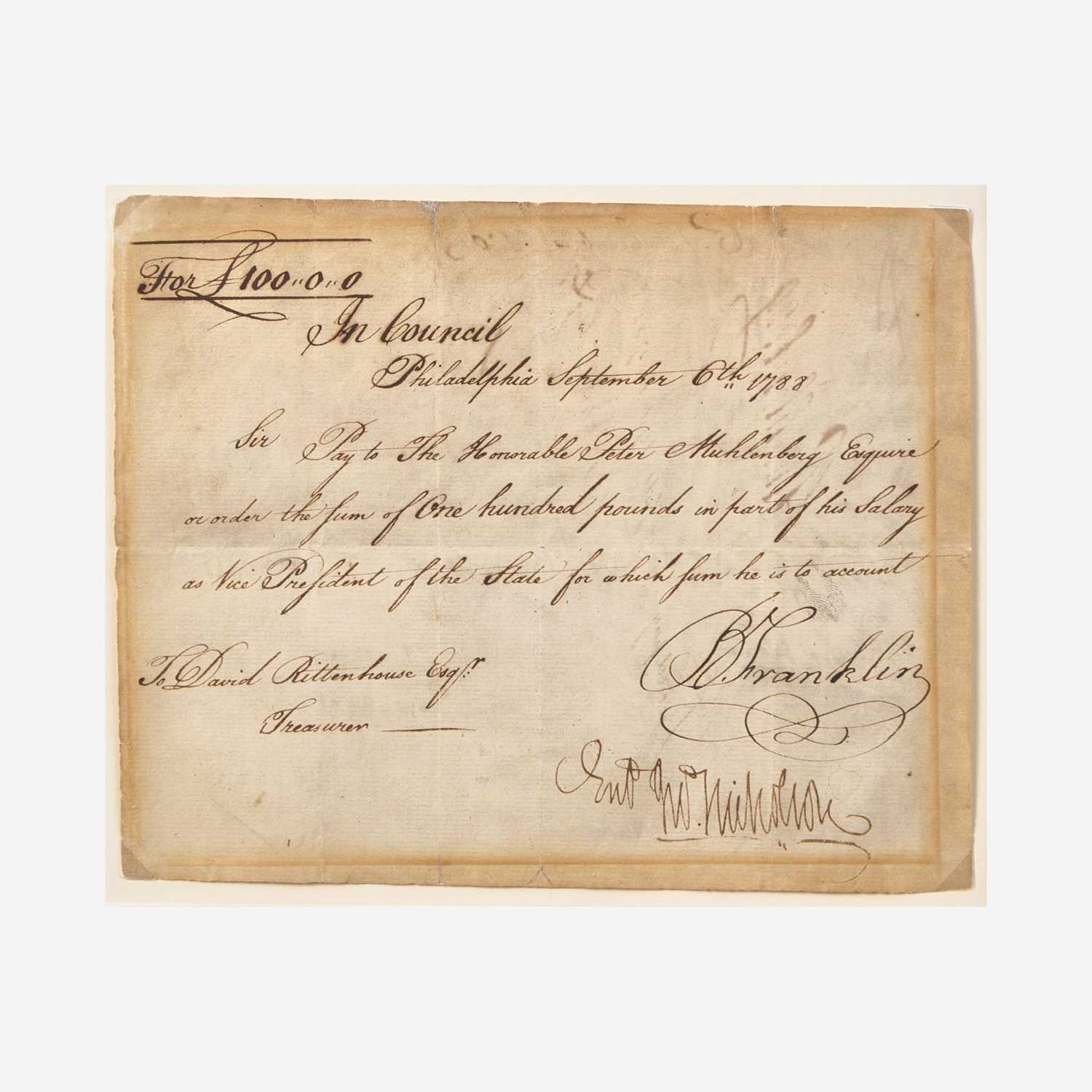
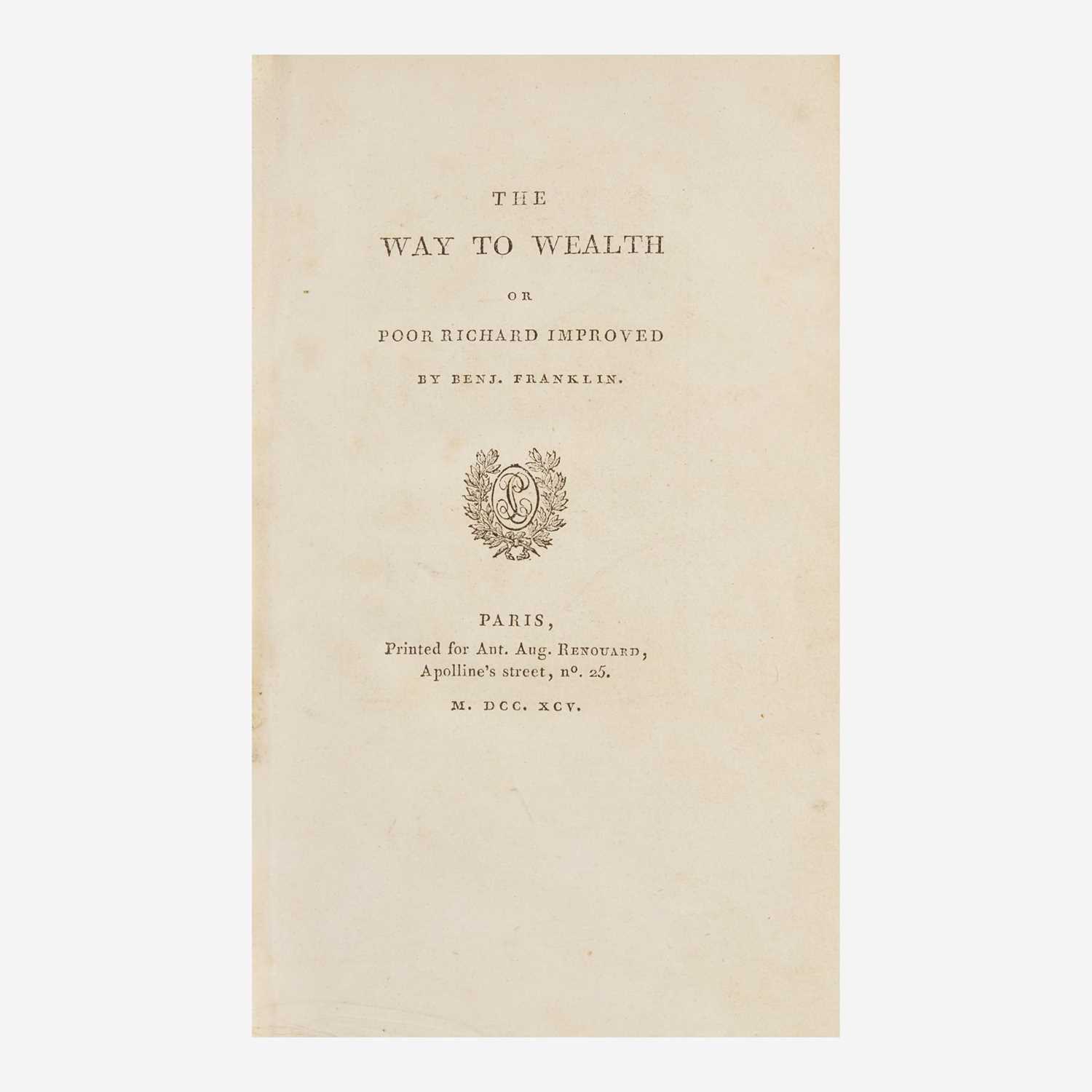
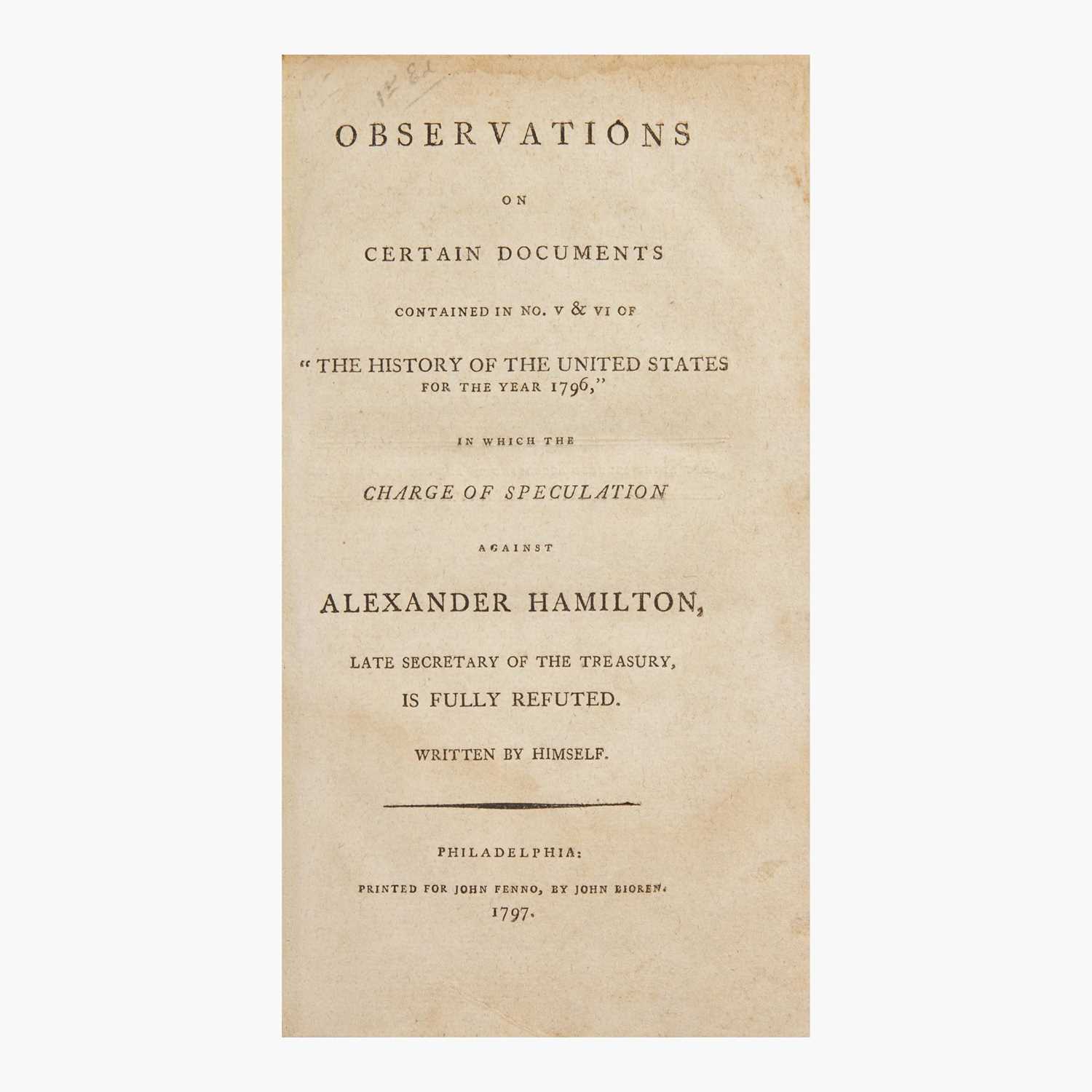
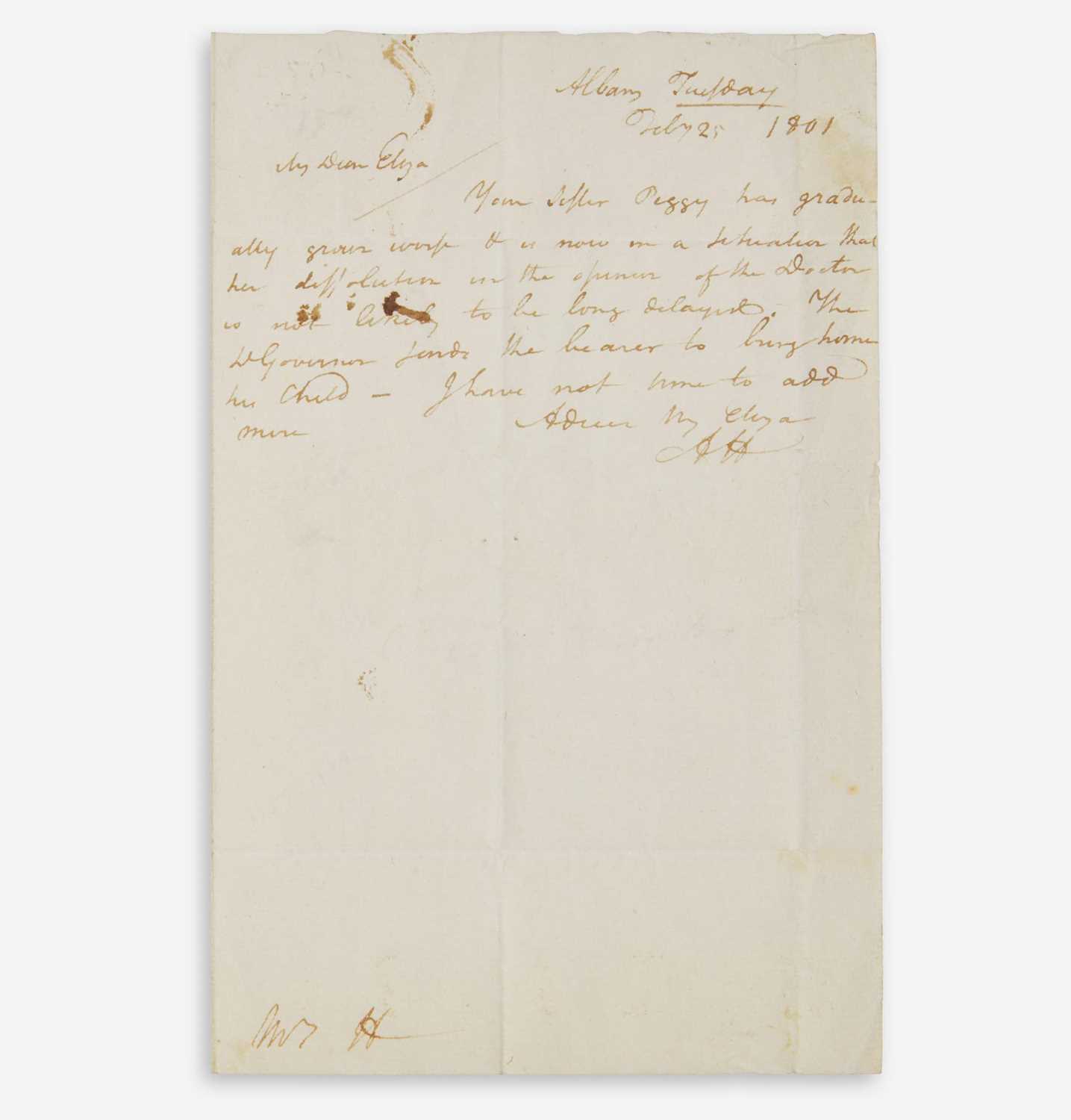
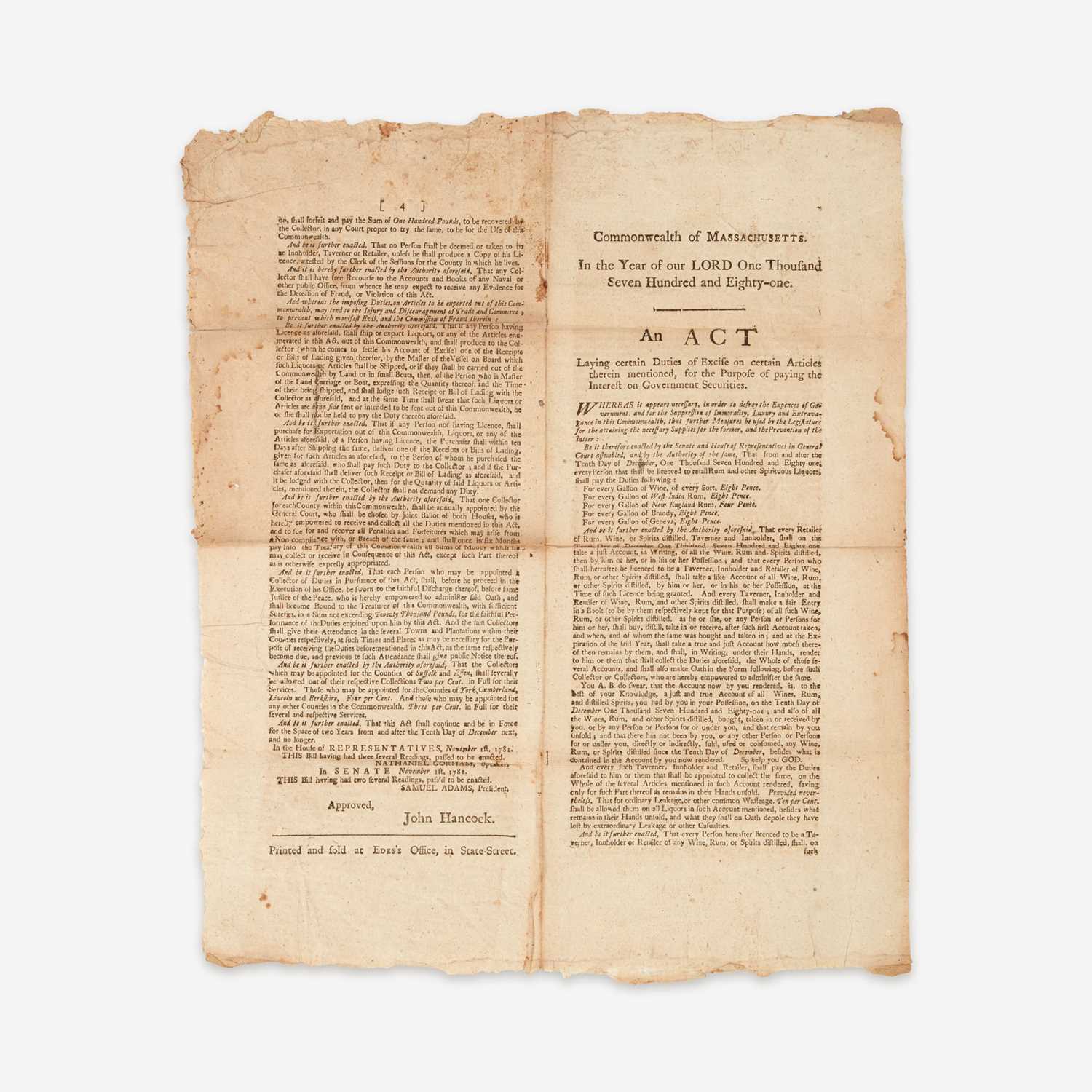
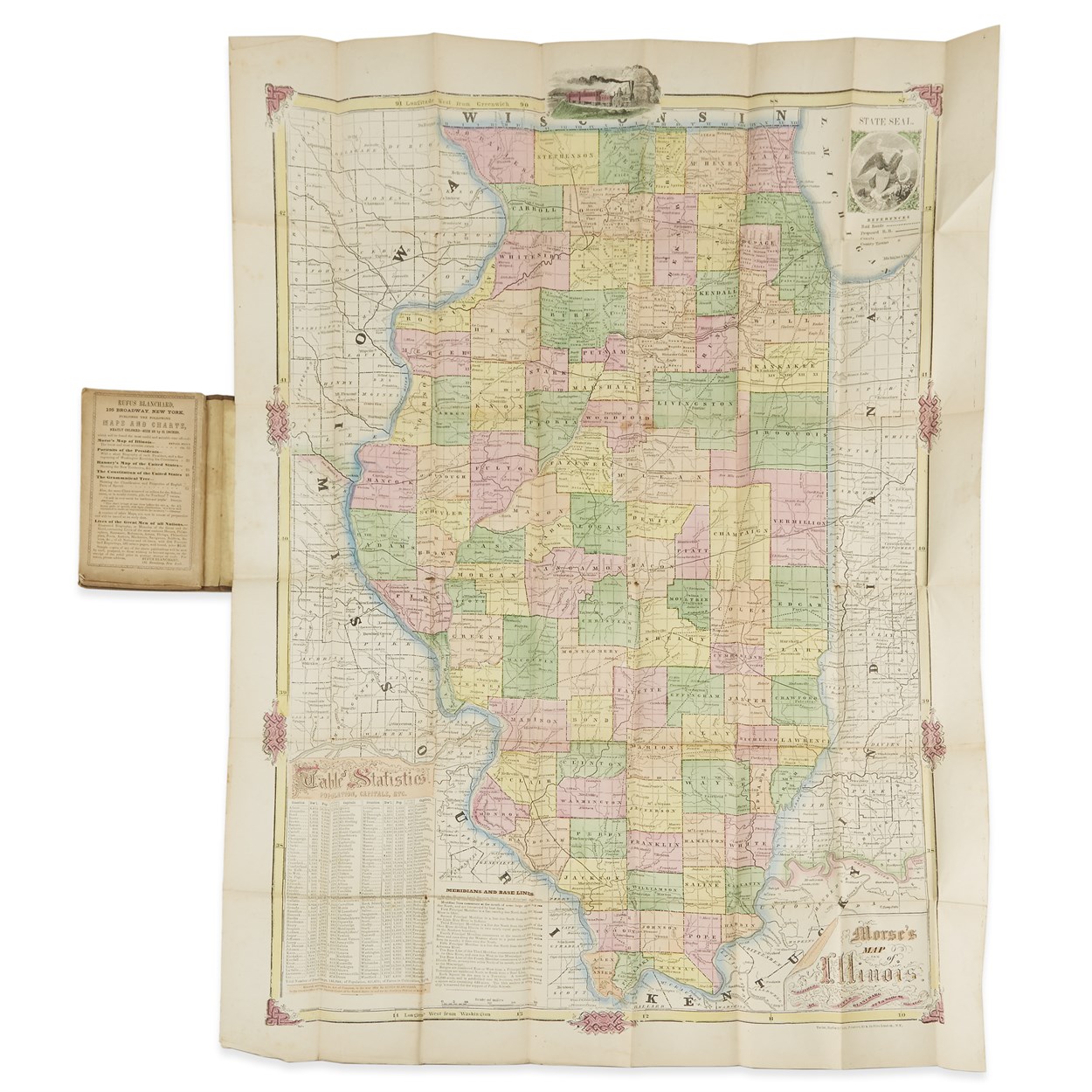
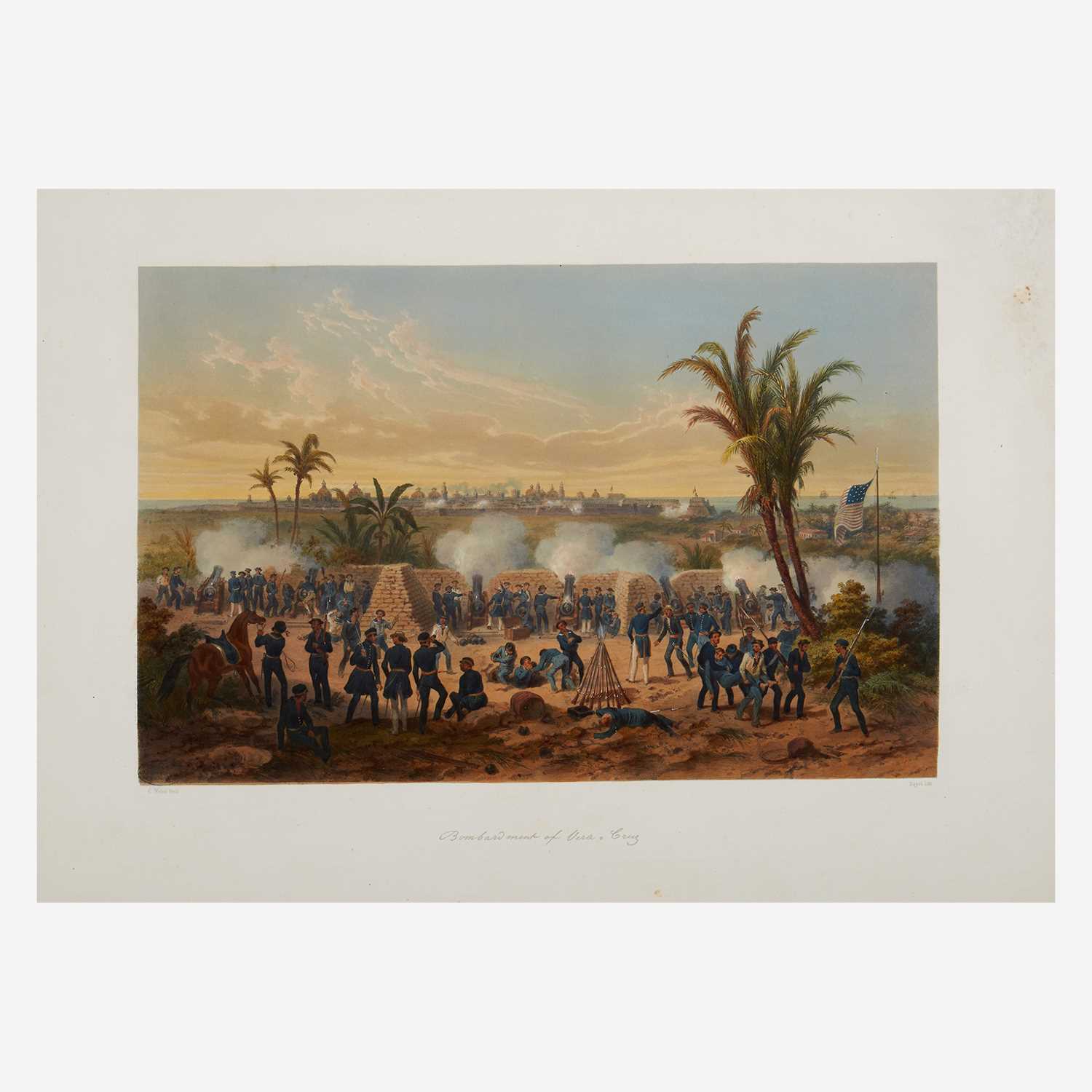
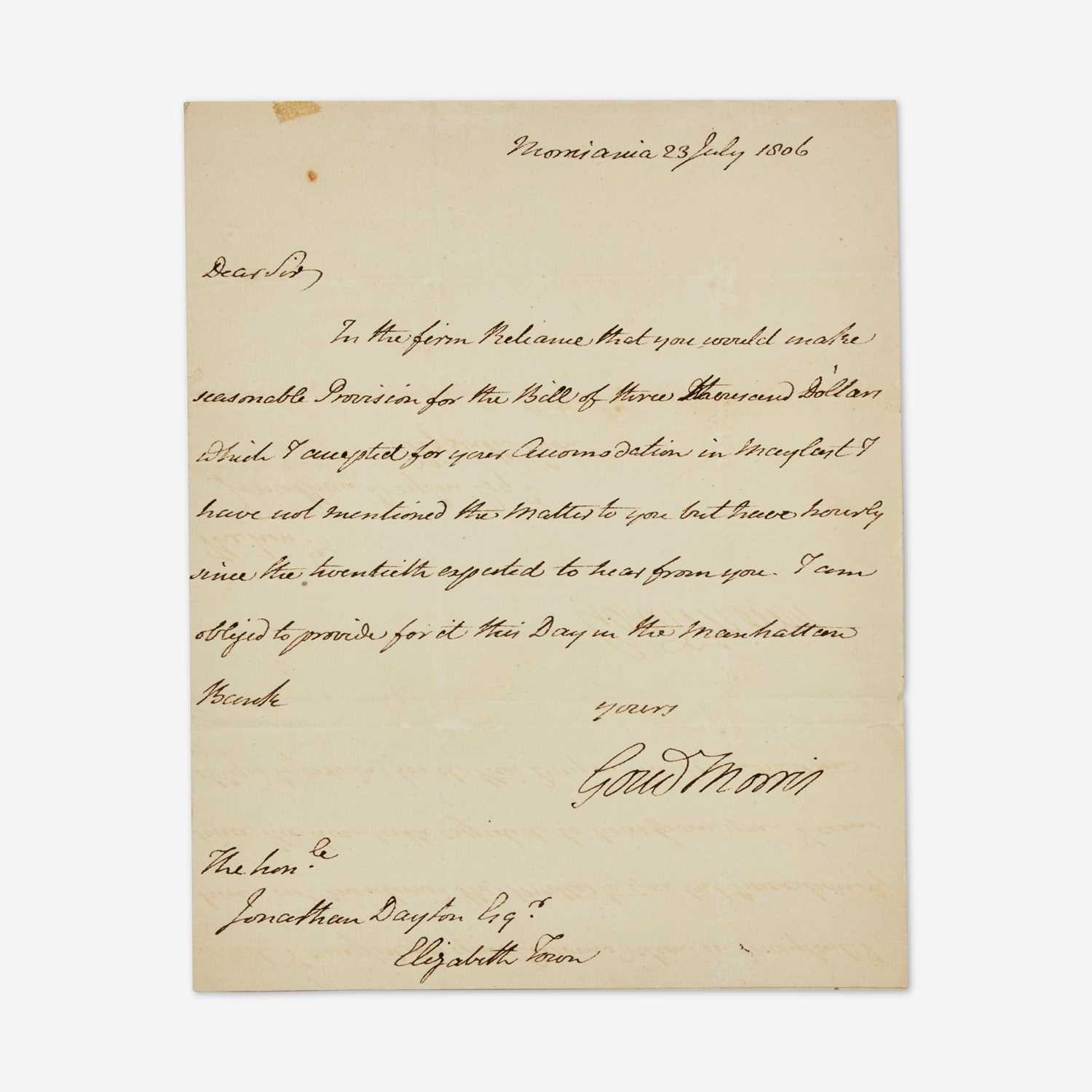

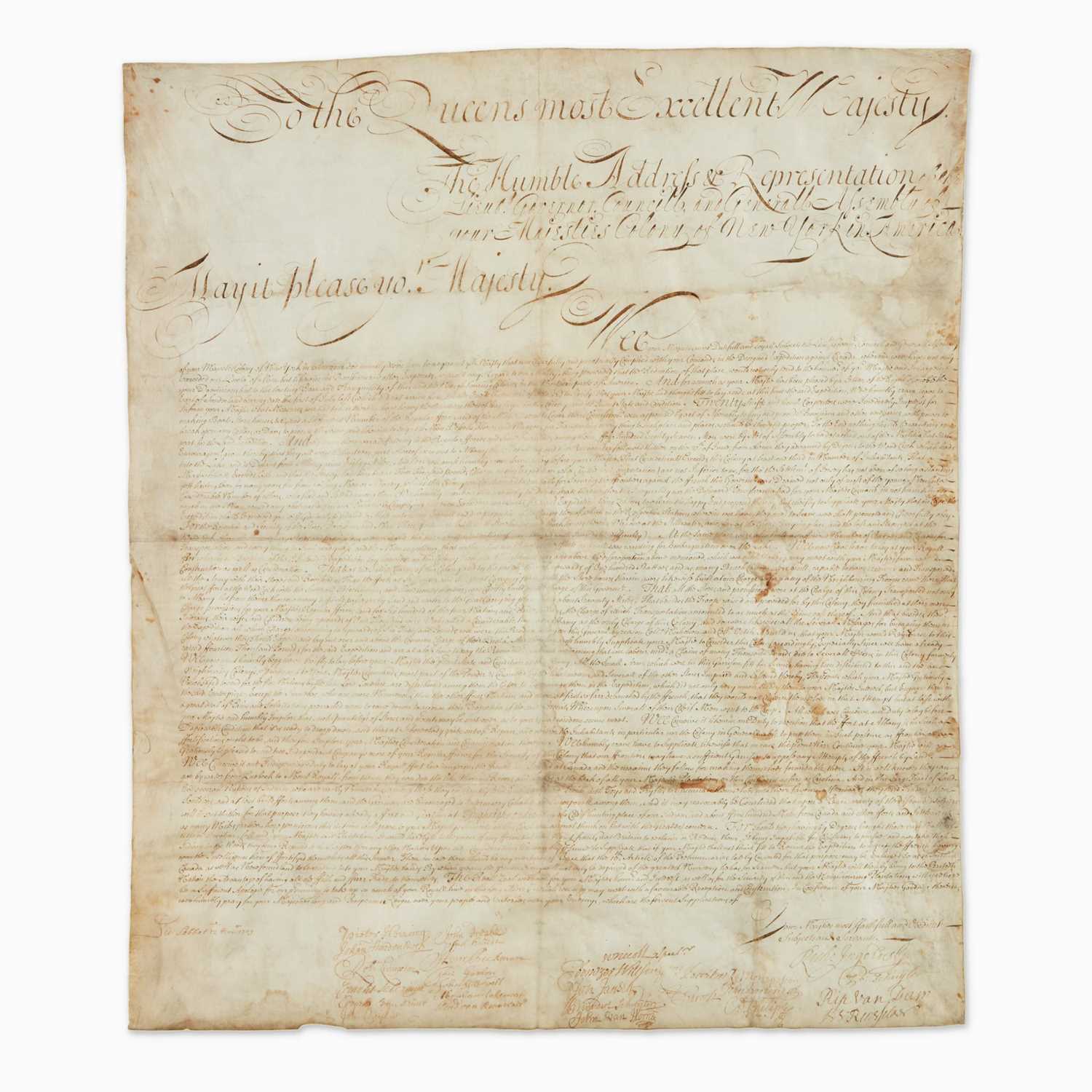
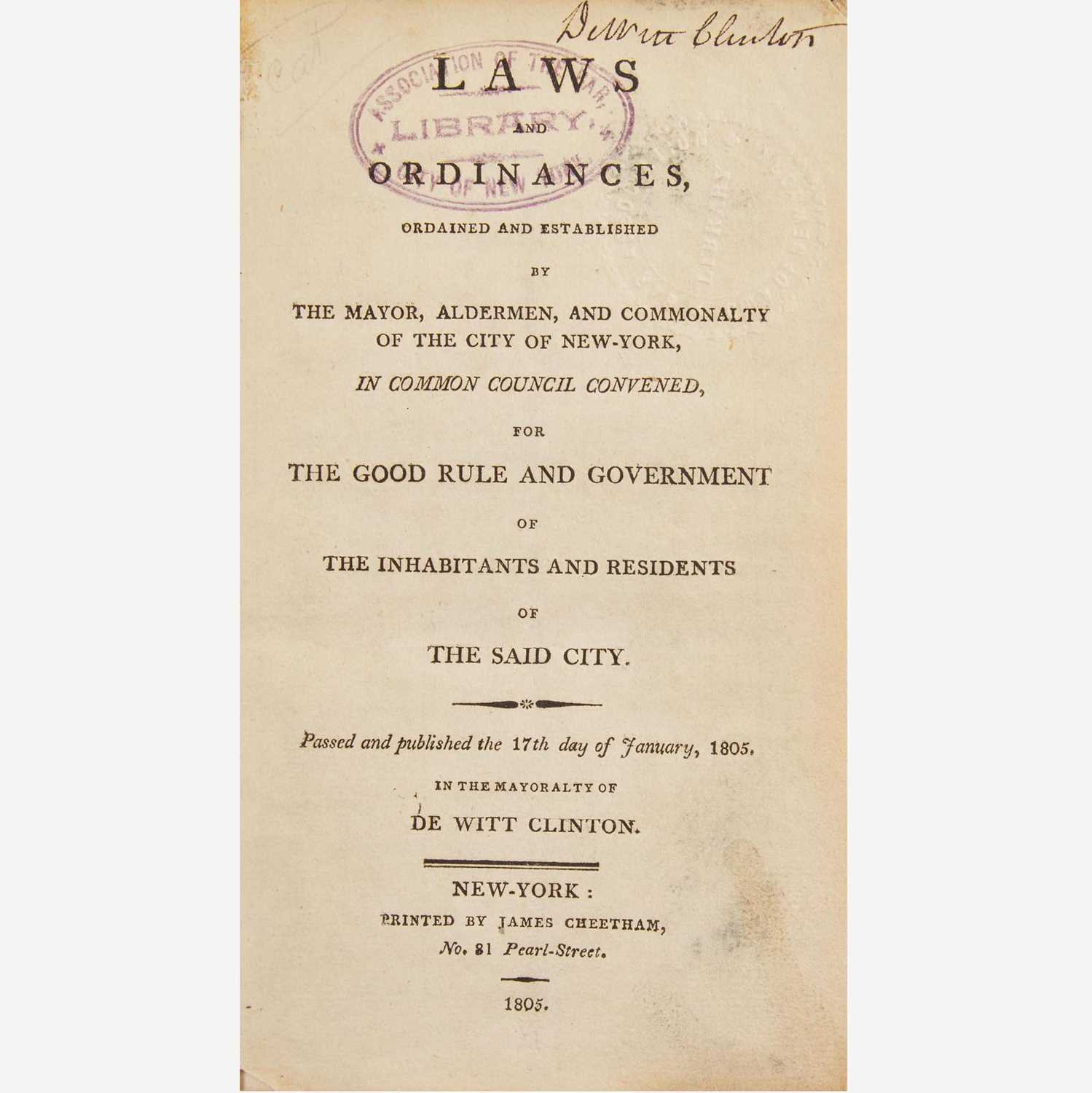


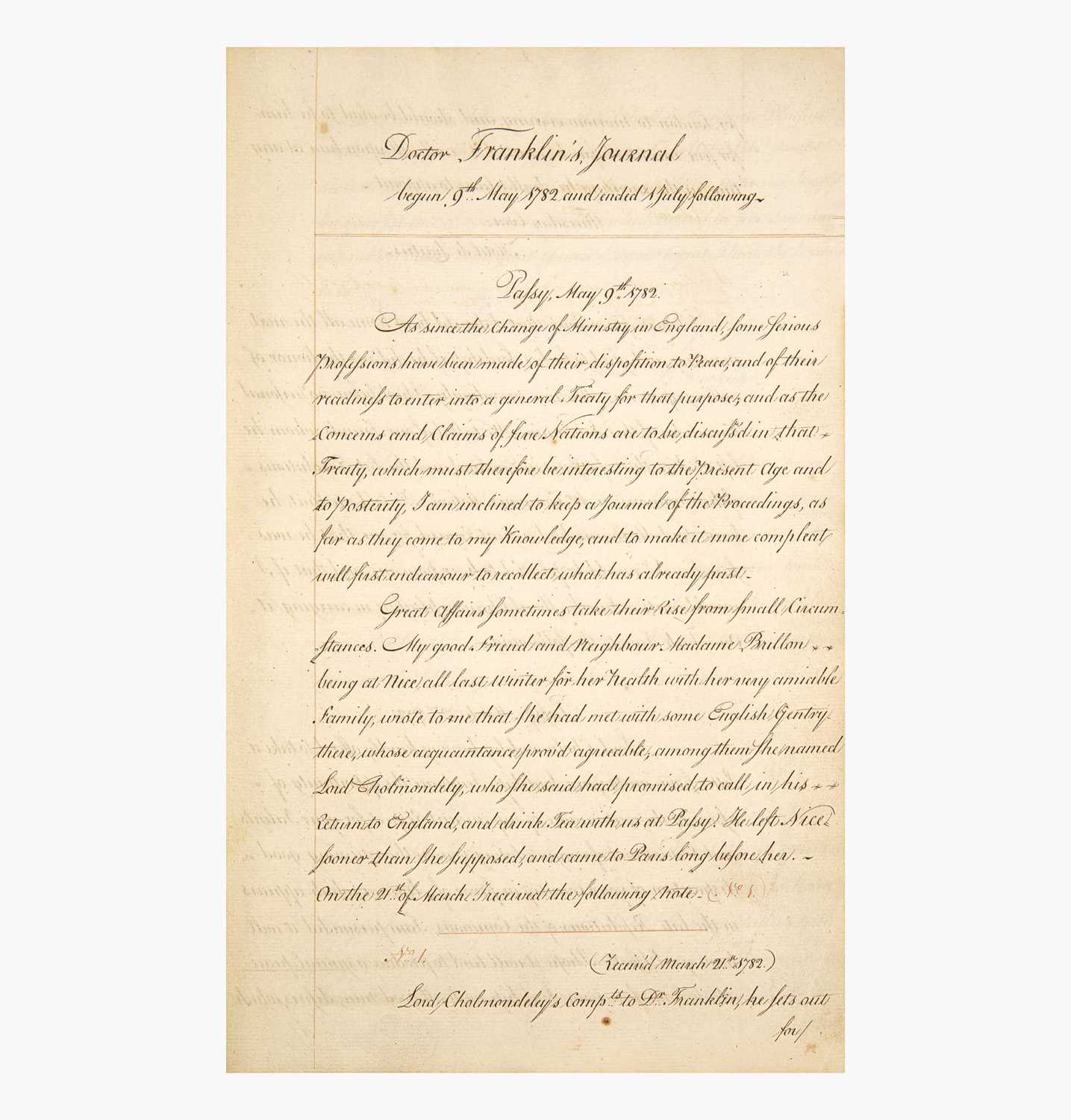

Try LotSearch and its premium features for 7 days - without any costs!
Be notified automatically about new items in upcoming auctions.
Create an alert